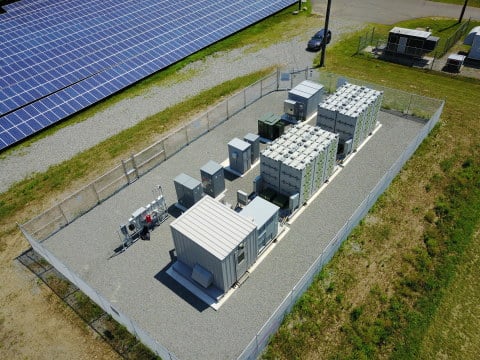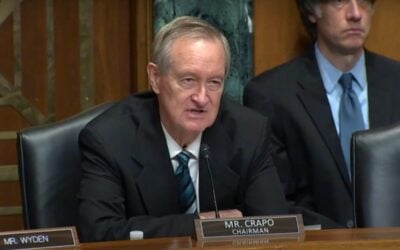
Regulators in New Jersey have opened up a Request for Information (RFI) on a draft incentive plan to promote energy storage deployment in the northeastern US state.
New Jersey was one of the first among US states to implement an energy storage target, way back in 2018. It was introduced as state governor Phil Murphy signed one of the US’ first legislative commitments to decarbonisation and to reach 100% clean energy, by 2050.
Enjoy 12 months of exclusive analysis
- Regular insight and analysis of the industry’s biggest developments
- In-depth interviews with the industry’s leading figures
- Annual digital subscription to the PV Tech Power journal
- Discounts on Solar Media’s portfolio of events, in-person and virtual
However at present, it is lagging far behind its goals: while it is pursuing 2,000MW of storage by 2030, as of October last year when the draft plan was first published, it had only 497MW, of which 420MW came from an existing pumped hydro energy storage (PHES) plant.
Along the way, it also had a 600MW target for deployment by 2021, which obviously was also missed. Only a small handful of energy storage project developments have found their way into our coverage since then.
Most recently, a project bid proposal in New Jersey’s latest offshore wind tender included a 253MW battery storage system in its design, reported a few days ago. In December last year, the state’s last coal-fired power plant was demolished, and owner Starwood Energy said it wanted to put large-scale battery storage on the site.
Staff at the New Jersey Board of Public Utilities came up with a straw proposal for the New Jersey Energy Storage Incentive Program (NJ SIP), which was published in late September last year with a view to setting the state onto the right trajectory.
As reported by Energy-Storage.news as the straw proposal came out, the programme would create separate streams to incentivise both front-of-the-meter and behind-the-meter storage, the former defined as Grid Supply and the latter as Distributed/Customer Level installations. In both instances, eligibility for the scheme would be limited to facilities connected to the networks of New Jersey electric distribution companies (EDCs).
The incentives payable would include a 30% fixed annual payment component, as well as pay-for-performance. Board staff also proposed that private investors should be allowed to own and operate energy storage resources, and to stack revenues from multiple streams for the different applications their assets could perform.
The regulatory Board of Public Utilities said last week that the NJ SIP “will build a critical foundation for a long-term energy storage effort in the State”. It has opened up for public comment in the new RFI, which follows a number of stakeholder engagement sessions the Board has held since publication.
The RFI remains open for comments until 5pm Eastern Time, 12 September 2023. Comments the Board has already received from stakeholders including energy storage manufacturers, service providers, system integrators and developers such as Tesla, Stem, Convergent Energy & Power and others can be seen here, where public comments should also be filed.
Our publisher Solar Media is hosting the 10th Solar and Storage Finance USA conference, 7-8 November 2023 at the New Yorker Hotel, New York. Topics ranging from the Inflation Reduction Act to optimising asset revenues, the financing landscape in 2023 and much more will be discussed. See the official site for more details.






